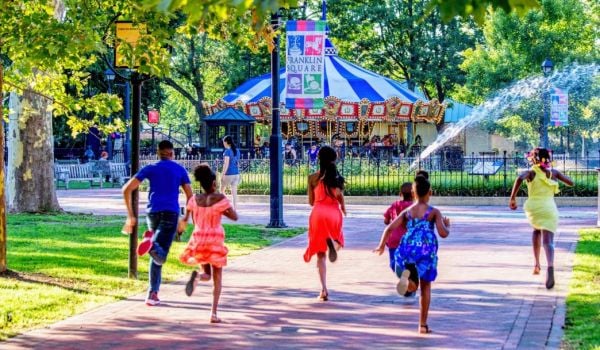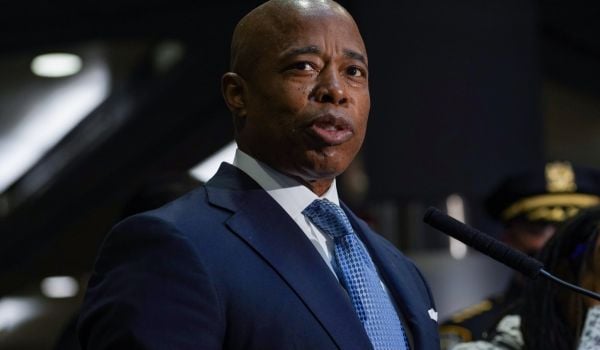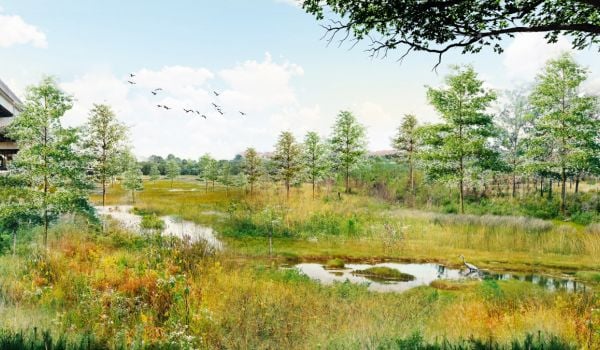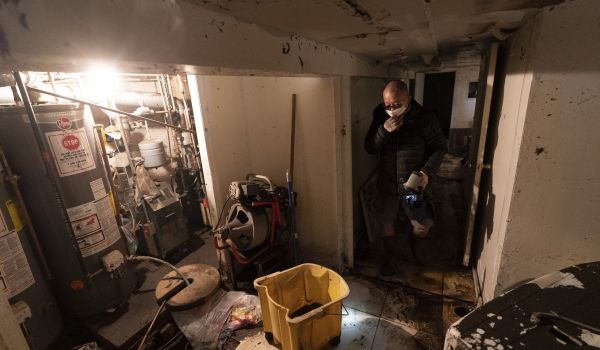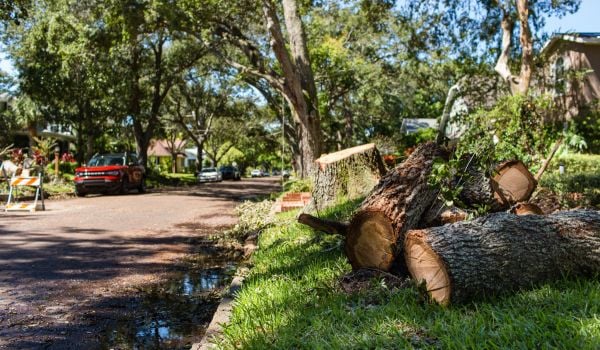In March 2019, one of the biggest tropical cyclones on record made landfill in Mozambique, leaving a trail of destruction in the cities of Beira and Quelimane. Next City spoke with Quelimane Mayor Manuel de Araújo at World Urban Forum 10. He described the experience, the aftermath, and what he learned from the storm.
Cyclone Idai was the first one ever to hit Quelimane with that intensity. It was scary. I was at home when it made landfall but we already had a team prepared because all the information we had suggested the intensity of the cyclone. Quelimane and Beira were forecast to be the epicenters of the storm. Fortunately, it shifted track at the last minute and we had less wind and rain than initially forecast. That was a relief because the worst didn’t happen.
As soon as I could, I headed out to join the first responders checking on the cyclone’s impact. Bridges were destroyed. Schools and houses lost their roofs. To this day, we still have four bridges out and people have to cross the river by boat. These are big engineering projects and we don’t have the resources. We need resources from the central government and international institutions.
Since 2015, we’ve been implementing a mangrove reforestation and disaster planning with USAID as part of the Coastal City Adaptation Project. We’ve been preparing for extreme weather events like this one. Every neighborhood has an emergency management and risk reduction committee for early warning. They were watching the cyclone as soon as it developed.
Ultimately, it’s our mangroves that saved us. They are our first line of defense. The day we don’t have mangroves, I don’t think our city will survive. Mangroves protect against erosion, but poor people in Quelimane cut them down to make charcoal and for firewood. They also use the wood to build their houses. As part of the project, we taught people to use other types of construction materials. We built 10 resilient houses with other types of local construction materials, to show there was an alternative to mangroves.
If a cyclone were to come again, the big secret is to share information about what precautionary steps to take. For example, open windows and doors enough for the wind to pass through.
In the end, leaders have to be there with their people. That increases confidence and avoids situations like Australia where the prime minister was on vacation when the bushfire crisis struck. Instead, you have to be there: sharing information, creating support and rescue teams and monitoring the situation.
Our special correspondent Gregory Scruggs will be in Abu Dhabi to cover World Urban Forum 10, taking place February 8 through 13, 2020. To stay on top of the essential conversations and innovative solutions presented at WUF 10, sign up for Urban Planet, our global sustainability newsletter.
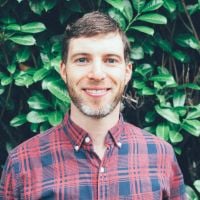
Gregory Scruggs is a Seattle-based independent journalist who writes about solutions for cities. He has covered major international forums on urbanization, climate change, and sustainable development where he has interviewed dozens of mayors and high-ranking officials in order to tell powerful stories about humanity’s urban future. He has reported at street level from more than two dozen countries on solutions to hot-button issues facing cities, from housing to transportation to civic engagement to social equity. In 2017, he won a United Nations Correspondents Association award for his coverage of global urbanization and the UN’s Habitat III summit on the future of cities. He is a member of the American Institute of Certified Planners.



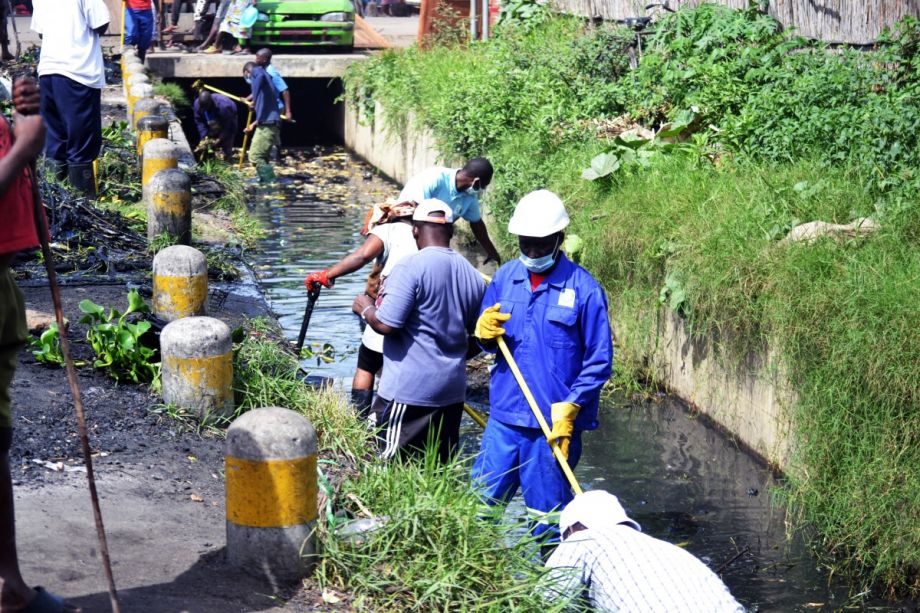
_1200_700_s_c1_600_350_80_s_c1.jpg)
